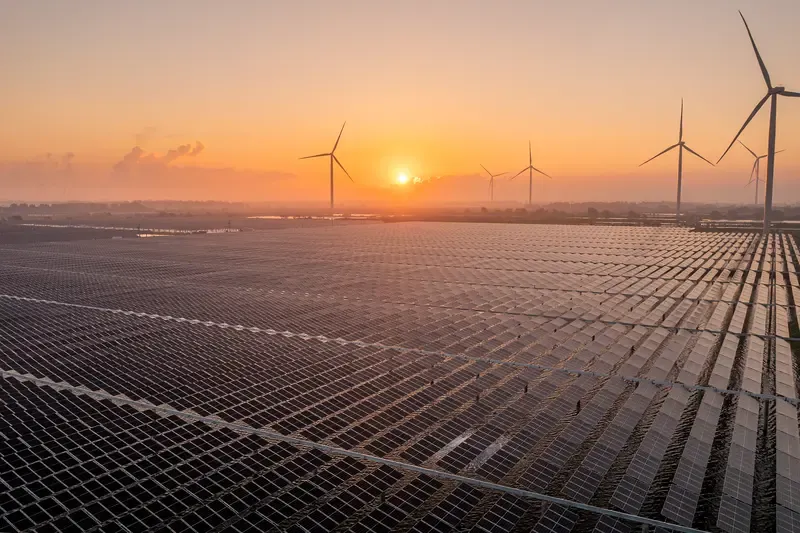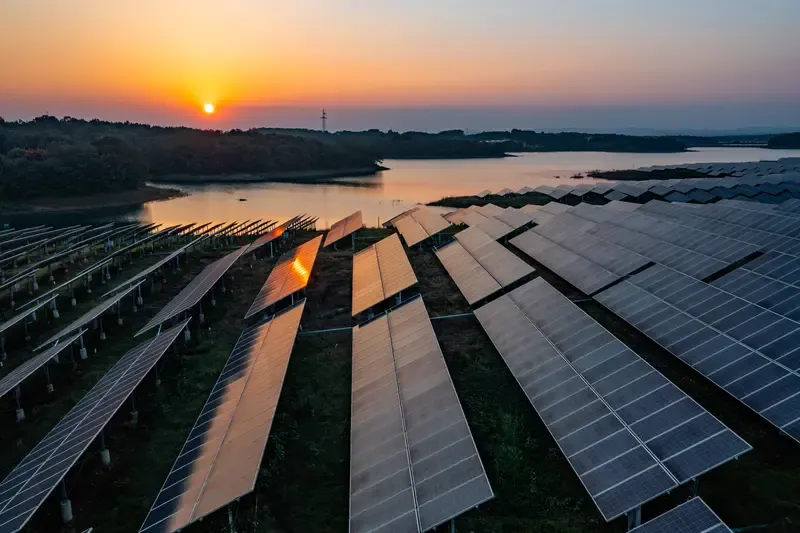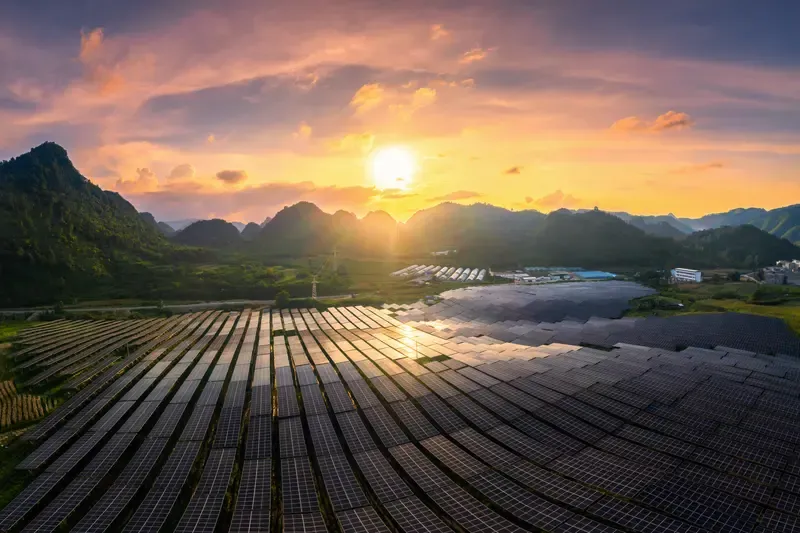Installing solar panels isn't just about reducing your electricity bill anymore. It's about making a choice that reflects how we live on this planet. But beyond the green cred, have you ever wondered: What are the actual environmental benefits of installing solar panels?
Is it all sunshine and no side effects?
1. Say Goodbye to Greenhouse Gases
Traditional power plants, especially those burning coal and natural gas, emit a huge amount of carbon dioxide (CO₂). In fact, the energy sector is responsible for over 70% of the world's greenhouse gas emissions.
- Solar panels produce zero emissions during operation.
- The typical 6 kW solar system will offset over 100 metric tons of CO₂ throughout the life of the system.
- That's equivalent to planting over 2,500 trees or avoiding 250,000 miles of car travel.
2. Cleaner Air = Healthier Lungs
Did you ever notice that cities with a lot of coal plants have smoggy air and asthma warnings?
Solar panels fix that.
By reducing our reliance on fossil fuels, solar power aids in the reduction of emissions of particulate matter (PM2.5), nitrogen oxides (NOx), and sulfur dioxide (SO₂)—all nasty pollutants that are linked to:
- Respiratory issues
- Cardiovascular disease
- Premature death
In the U.S., solar energy avoided more than 17 million tons of harmful air pollutants between 2007 and 2022.
3. Saving Water, One Watt at a Time
Fossil fuel and nuclear power plants use enormous amounts of water for cooling.
Solar panels? No water is needed for them to generate electricity.
Here's how solar stacks up:
| Power Source | Water Use (liters/kWh) |
| Coal | ~1.9 |
| Nuclear | ~2.5 |
| Solar PV | ~0.03 |
4. Less Land Degradation and Mining Pressure

Traditional energy infrastructure not only pollutes—it scars the land.
- Coal mining causes deforestation, erosion, and toxic runoff.
- Oil drilling results in pipeline leakage and land spoilage.
- Drilling for natural gas (fracking) disrupts underground water courses.
Solar panels, especially if installed on rooftops or brownfields, offer a low-impact alternative.
5. Lifecycle Emissions
Solar panels do, in fact, have a carbon footprint—during manufacture, transportation, and end-of-life disposal. But here's the whole story:
- Most panels pay back their “energy debt” in under 2 years
- Their useful life is 25–30 years
- New recycling technologies are reclaiming over 95% of materials
That means for more than 90% of their lifespan, panels are operating emissions-free.
And if you’re wondering whether panels leak toxins—today’s regulations have minimized that risk. Panels are sealed, tested, and certified to international safety standards.
6. Can One Home Really Make a Difference?
Yes. And here’s why.
- Power is still generated locally, so your solar system reduces demand on far-away plants.
- Distributed solar stabilizes the grid, reducing blackouts and long-distance transmission losses.
- Solar homes become beacons of change—inspiring neighbors, schools, and businesses to go solar as well.
Your rooftop can have ripple effects—and that's powerful.
7. Real-World Example: Freiburg, Germany
Dubbed the "Green City," Freiburg has been investing in solar since the 1990s. Over 50% of residential roofs now sport panels.
What's the result?
- Per capita CO₂ emissions dropped by more than 25%
- Air quality in all districts improved
- The city became a renewable energy tourist attraction—generating economic and ecological value
Freiburg shows us that when enough people go solar, environmental change becomes visible—and measurable.
8. What’s Next in Eco-Solar?

The environmental benefits of solar don't stop at rooftop panels. Here's what's coming next:
- Agri-solar: Dual-use solar farms that also grow crops
- Floating solar: Panels installed on reservoirs and dams
- Solar + storage: Smoothes out power supply, reducing the necessity for peaker plants
- Recyclable PV modules: Next-generation panels that are fully reusable
Solar isn't a static solution—it's evolving to be cleaner, smarter, and even more sustainable.
Going solar is a planetary decision, not just a financial one. From cleaner air and water saved to a smaller carbon footprint and healthier communities, solar energy pays a high dividend on nature.
So the next time someone asks, "Why go solar?", you can answer confidently:
"Because it works—for the planet and for us."

